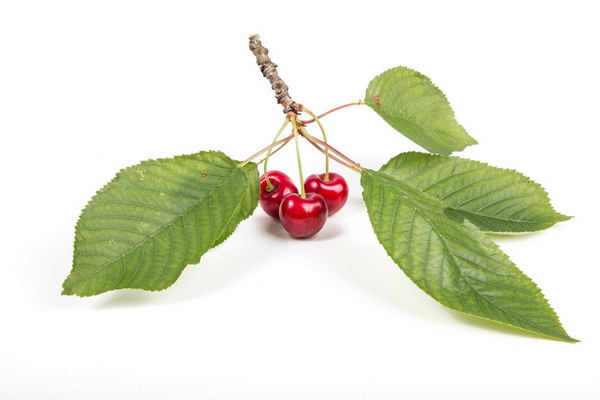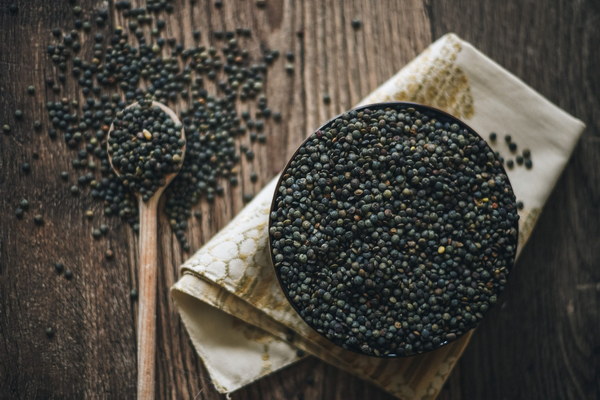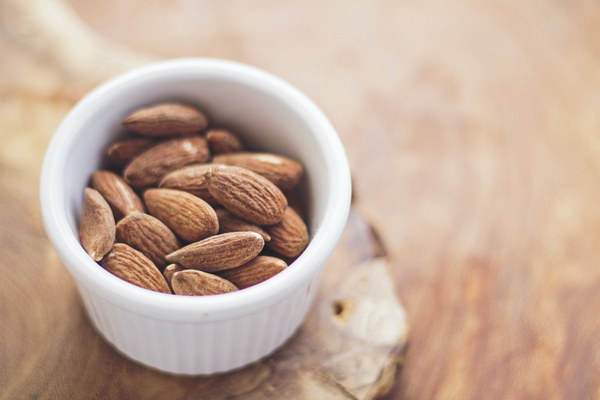Winter The Best Time for Liver Nourishment or Liver Support
The liver is one of the most vital organs in our body, responsible for filtering blood, metabolizing nutrients, and detoxifying harmful substances. With the onset of winter, the question arises: is it more beneficial to nourish or support the liver during this season? In this article, we will explore the advantages and disadvantages of both approaches, helping you make an informed decision for your health.
Firstly, let's define the difference between liver nourishment and liver support. Liver nourishment involves providing the liver with essential nutrients and substances that help it function optimally. On the other hand, liver support aims to protect the liver from external stressors and improve its overall health.
Winter is the season when the body's energy tends to slow down, and the liver is particularly susceptible to damage due to the cold weather and reduced sunlight. This makes it an ideal time to focus on liver health.
Liver Nourishment:
During winter, nourishing the liver is crucial as it helps to maintain its optimal function and protects it from potential damage. Here are some reasons why liver nourishment is beneficial:
1. Nutrient intake: Winter is a season when we consume more warming foods, which can be rich in essential nutrients that support liver health, such as vitamin C, vitamin E, selenium, and B vitamins.
2. Detoxification: The liver plays a significant role in detoxifying harmful substances. By nourishing the liver, you can enhance its ability to filter out toxins and improve overall health.
3. Energy production: During winter, the body needs more energy to maintain its temperature. Providing the liver with the necessary nutrients ensures that it can efficiently produce energy for the body.
Liver Support:
While liver nourishment is essential, it's also important to support the liver during winter. Here's why:
1. External stressors: Cold weather can weaken the immune system, making the liver more susceptible to infections and other external stressors. Supporting the liver helps to protect it from these threats.
2. Improved digestion: Winter often leads to a decrease in appetite and digestive issues. By supporting the liver, you can enhance your digestion and improve nutrient absorption.
3. Mood regulation: The liver is closely connected to the emotional state. By supporting the liver, you can maintain a balanced mood and reduce the risk of seasonal affective disorder (SAD).
How to Nourish and Support Your Liver During Winter:
1. Diet: Incorporate liver-friendly foods such as leafy greens, cruciferous vegetables, nuts, seeds, and fruits. Avoid excessive alcohol, processed foods, and sugary drinks.

2. Hydration: Drink plenty of water to support liver function and aid in detoxification.
3. Exercise: Regular physical activity improves blood circulation, which helps the liver to filter toxins more effectively.
4. Stress management: Practice stress-reducing techniques such as meditation, yoga, or deep breathing exercises to maintain a healthy liver.
5. Sleep: Ensure you get enough sleep, as it is essential for liver regeneration and overall health.
In conclusion, both liver nourishment and support are important during winter. While nourishing the liver with essential nutrients ensures optimal function, supporting the liver helps protect it from external stressors. By adopting a balanced approach, you can maintain a healthy liver throughout the winter season.









